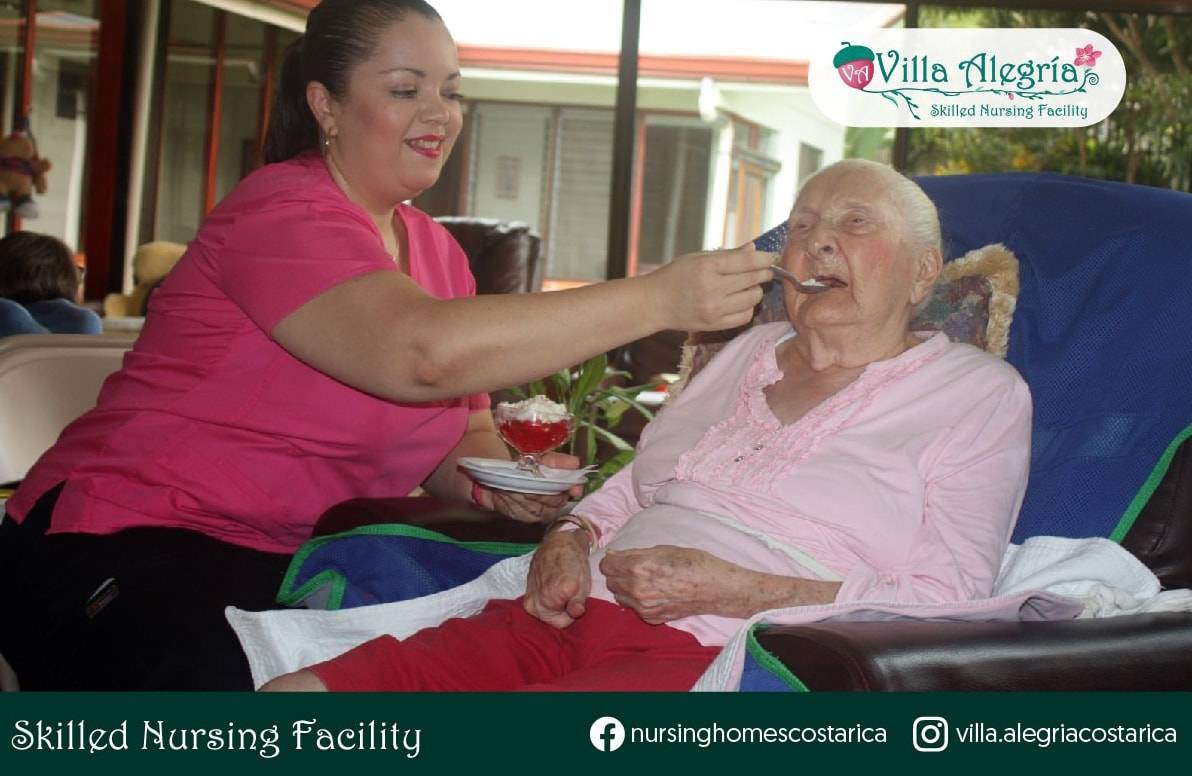
How heat affects older adults
Tabla de Contenidos
Navigating the Challenges of Heat affects older adults: Care and Prevention
The summer heat may be a blessing, but for older adults, it also poses significant challenges to health and well-being. As we age, our body becomes less efficient at thermal regulation, making us more susceptible to heat stress. In this article, we will explore how heat affects older adults and how taking care and prevention measures can make a difference in their well-being during the warmer months.
Understanding Vulnerability

As we age, our ability to detect heat and regulate body temperature decreases. This can lead to an increased risk of heat stroke and heat exhaustion, conditions that can be dangerous. Additionally, pre-existing medical conditions, such as heart disease and diabetes, can further increase vulnerability to heat.
Warning Signs
It is essential to watch for signs of heat-related problems in older adults. Confusion, flushed skin, excessive sweating, weakness, and fatigue are indicators that the body is struggling to maintain a safe temperature. Recognizing these signs and acting promptly is crucial to avoid complications.
Maintaining Hydration
Dehydration is a constant concern during hot days. As we age, the feeling of thirst may decrease, leading to insufficient fluid intake. It is essential to remember to drink water regularly, even if you do not feel thirsty. In addition to water, electrolyte drinks can help replenish nutrients lost through sweat.
Prevention Strategies
Older adults should feel comfortable communicating how they feel in hot conditions. Having a support network in family, friends and neighbors can make a big difference. Sharing concerns and staying in touch during heat waves ensures that no one is alone in this challenge.
Older adults should feel comfortable communicating how they feel in hot conditions. Having a support network in family, friends and neighbors can make a big difference. Sharing concerns and staying in touch during heat waves ensures that no one is alone in this challenge.
Medical Care and Medications
Some medications can increase sensitivity to heat or interfere with the body’s ability to regulate temperature. It is crucial to talk to a healthcare professional about how heat could affect the effectiveness of medications. It is also important to follow dosing guidelines and avoid self-medication.